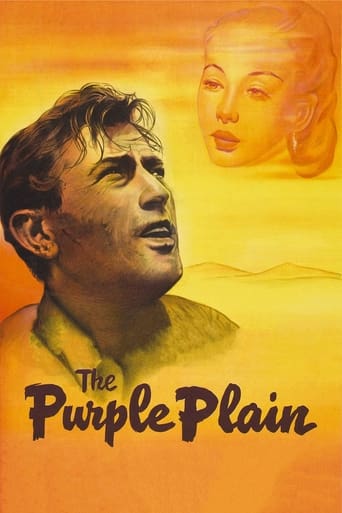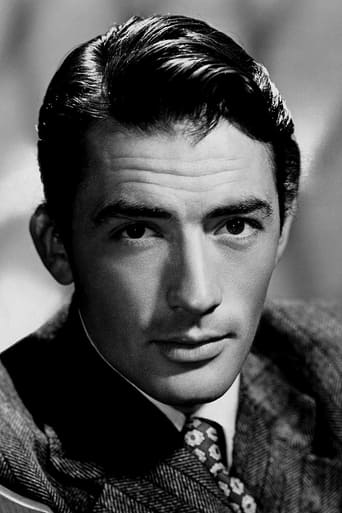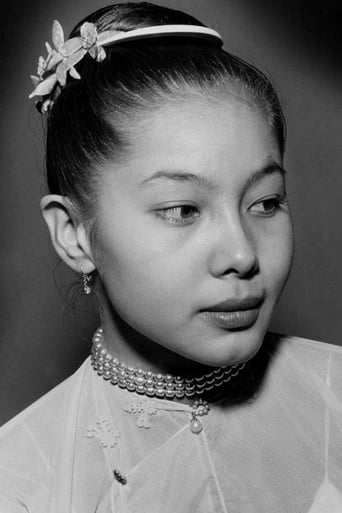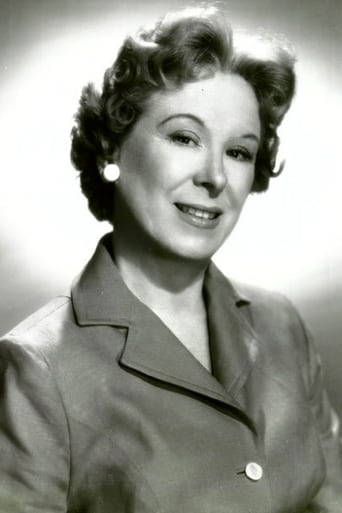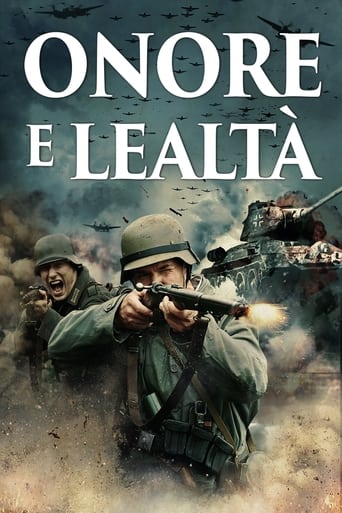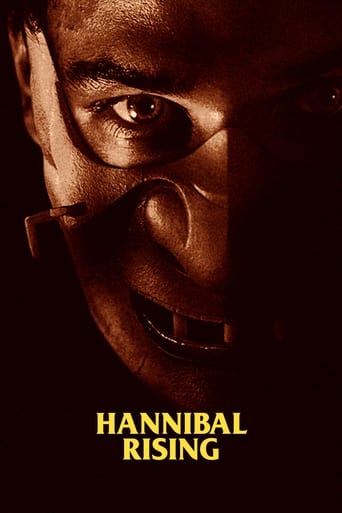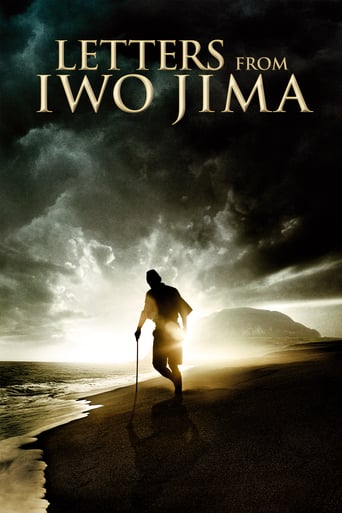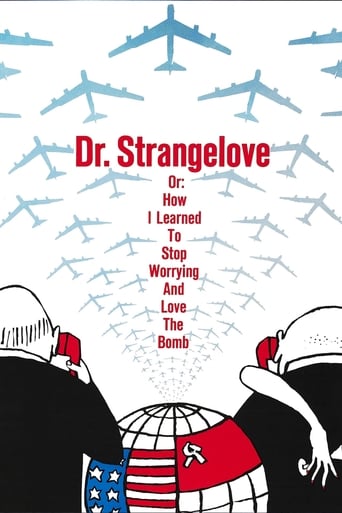The Purple Plain (1955)
A RAF airfield in Burma in 1945, during World War II. Canadian bomber pilot Bill Forrester is a bitter man who lives haunted by a tragic past. He has became a reckless warrior, and is feared by his comrades, who consider him a madman. Dr. Harris, the squadron physician, is determined to help him heal his tormented soul.
Watch Trailer
Free Trial Channels
Cast


Similar titles
Reviews
Very very predictable, including the post credit scene !!!
SERIOUSLY. This is what the crap Hollywood still puts out?
Don't Believe the Hype
A great movie, one of the best of this year. There was a bit of confusion at one point in the plot, but nothing serious.
Burma 1945 , after losing his fiancée in a Luftwaffe air raid, bomber pilot called Bill Forrester (Gregory Peck) turns into a lone killing machine, who doesn't care whether he dies in his dangerous dogfights . The nerve-shot and unsettling pilot is both admired and feared by the rest of his team . In Burma Squadron Leader Forrester falls in love for a young native named Anna (an alluring Win Min Than) . Later on , his plane has been downed in a spectacular crash sequence and Forrester attempting to get himself and his crew : a wounded navigator and an out-and-out coward partner named Blore (Maurice Denham) back to safety . Just before the crash Peck's navigator references "Where the dawn comes up like thunder", this is a quote from Mandalay by Rudyard Kipling ; in addition other quote from "The Charge of the Light Brigade" by Alfred Lord Tennyson.Interesting as well as harrowing war movie set largely in the Burmese jungle . This exciting picture develops an agonising travel to hell when three survivors from a plane crash have to fight starvation, famine , thirst , elements and sun . Eric Ambler's plot rightly recreates the novel by H.E. Bates describing a survival drama and a love story . Very good acting by Gregory Peck as a reckless Canadian pilot who suffers nightmares from past . Excellent support cast provides nice acting such as Brenda de Banzie as Miss McNab , Bernard Lee as Dr. Harris and Anthony Bushell as Col Aldridge . Special mention to Maurice Denham , giving an awesomely fine performance as an unbalanced mind . Magnificent cinematography in brilliant Technicolor by Geoffrey Unsworth , being filmed on location in Elephant Pass, Sigiriya Rock, Sri Lanka and Pinewood Studios, Iver Heath, Buckinghamshire, England, UK . Thrilling as well as emotive musical score composed by John Veale , conducted by usual Muir Matheson . The motion picture was well directed by Robert Parrish. Robert was an Academy Award-winning film editor who also realized and acted in movies . As an editor he won an Academy Award for Body and soul (1947), the 1947 Robert Rossen film that starred John Garfield as a money-grubbing, two-timing boxer on the make. Parrish also worked on All the King's Men (1949), an account of the rise and fall of a Louisiana politician that won the Academy Award for Best Picture. Parrish then moved on to direct films during the 1950s and 1960s . Among his best received works was the brooding western ¨Saddle the Wind¨ (1958) , a Noir film titled ¨Cry danger¨, a Sci-Fi picture titled ¨Journey to the far side of the sun¨, a thriller titled ¨The Marseille Contract¨ and other strange Western called ¨A town called Bastard¨. And of course , ¨Purple plain¨ results to be one of the best films ..
This is a good war film, unusual in that we never get to see the enemy. The cast is small but effective. A couple of minor points grated a little - as Marlonius has already mentioned, Peck really should have picked up Blore's hat for his heroic trek with the injured navigator; early on in the film it was made clear to us how extremely hot the climate was, with the men's tunics soaked in sweat. And after the crash Peck quickly sprouted some impressive bristles, which then all but disappeared.SPOILER: We saw Peck realising he had found water, then there was an immediate switch back to the airfield where the CO explained what happened next.It was almost as if the makers of the film had realised they were running out of time or money and decided to omit a few scenes.But all in all this is a convincing production that merits a highish ranking among war films (say in the second quartile).
Purple Plain is an obscure film in Peck's long list of movie credits. I don't know if this British production got much publicity or release stateside, despite Peck's movie star celebrity. Unfortunately, it's never been a TV regular, which is too bad because this tale of renewal and survival is an unusual and gripping one, in spite of the obscurity.The film opens in the Burmese jungle during WWII. Peck is a battle fatigued flyer on the ragged edge of breakdown. He's about to be relieved because of erratic behavior, all the while he's flashing back on his wife's death in a London air-raid. These are well-done scenes causing us to sympathize with his loss. Nonetheless, he's jeopardizing his comrades with reckless manuevers because the loss has undermined his will-to-live. Thus, we're torn between sympathy and concern, just like the flight station doctor (Bernard Lee).In an interesting move, Lee overcomes Peck's agonies by reconnecting him socially, in this case with a nearby missionary community. There Peck finds the vital human relationships so importantly missing from his death-dealing combat duties. As a result, his life takes on new meaning and purpose as a result of rejoining a human community where such life-giving affirmations can emerge. On the whole these are well-done scenes, especially the chaos from the Japanese air attack. In the midst of the carnage, Peck's combat flyer finds a new role in helping to bandage up survivors. Herein lies the movie's basic message and it's an important and humane one, conveyed in fairly subtle fashion, though the turn-around occurs more quickly than I would have liked.Nonetheless, it's interesting that the script avoids the usual officially sanctioned head-doctor therapies. Note that Peck is not sent to be counseled by an air force psychiatrist, nor to join a chest-baring therapy group, nor to have his past puzzled together Freudian style. Of course, the happy solution here remains a "movie" solution where-- as we all know-- anything can be made to magically happen. Still, for a war-movie setting, the simple affirmation that mental health lies through nurturing social relations and not through government sanctioned killing remains no less suggestive because of its movie origins.The remainder of the film amounts to a survival trek through the wilds of southeast Asia. It's a well-filmed and harrowing struggle against a forbidding landscape where the crash survivors must decide between staying put or hiking out against great odds. But most importantly, it's Peck's chance to regain his humanity by facing up to the odds, not just for his own survival, but for his two comrades as well. The movie's final scene could not have been better conceived. Indeed, no words are necessary. On the whole, this is a subtly and well thought out anti-war film, no less effective because it concerns the fate of one man rather than thousands.Too bad that its humane message remains so generally unseen.
A fine movie about a suicide-minded pilot fighting in Burma during World War II. The Gregory Peck character lost his bride during the German bombing of London, needs to find a purpose for living. He'll soon find it, as there's much need for able men not only in the hero department but also pretty girls need attention -- even in the Burma jungle.The themes of duty, courage, purpose, tenacity and redemption ride deep, and there's enough patriotism and faith to make any godless liberals in the audience cringe like Dracula facing a Crucifix. The Burma locations add a lot, as do the high production standards. They knew how to make good movies 50 years ago -- unlike today.This film has real heroes. Today's cocaine-soaked film industry only knows about comic book-style Super Heroes, who fight make-believe enemies using only the weapon of computer animation. They offer nothing to the younger generation save for inspiration fire up the PlayStation. Moral bankruptcy for the Bevis and Butthead audience; grown-ups (12 and older) are the forgotten audience.Gregory Peck made lots of excellent films prior to his dreadful (but Oscar winning) role of Aticus Finch. The Purple Plain is a fine example of his acting and star quality. Sadly, Peck just went to the dogs the last years of his career.Not only were movies better in 1954, but watching them was better. I saw The Purple Plain at Loew's Capitol Theatre -- the most deluxe theater that ever existed in Washington, DC. With its giant screen (largest ever), stereo sound and 3645 seats, you could sit in an atmosphere that would make the Emperor of China green with envy.

